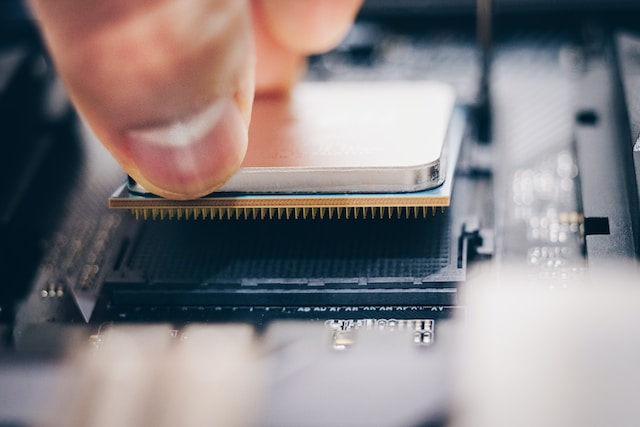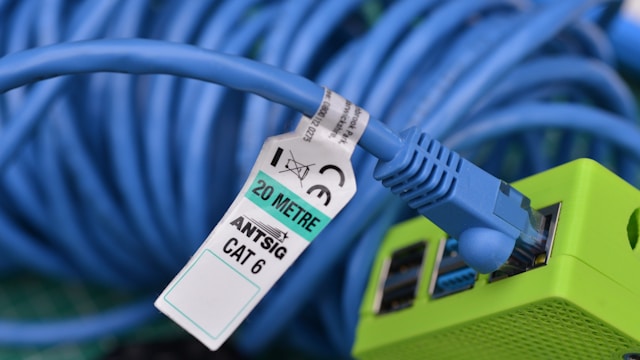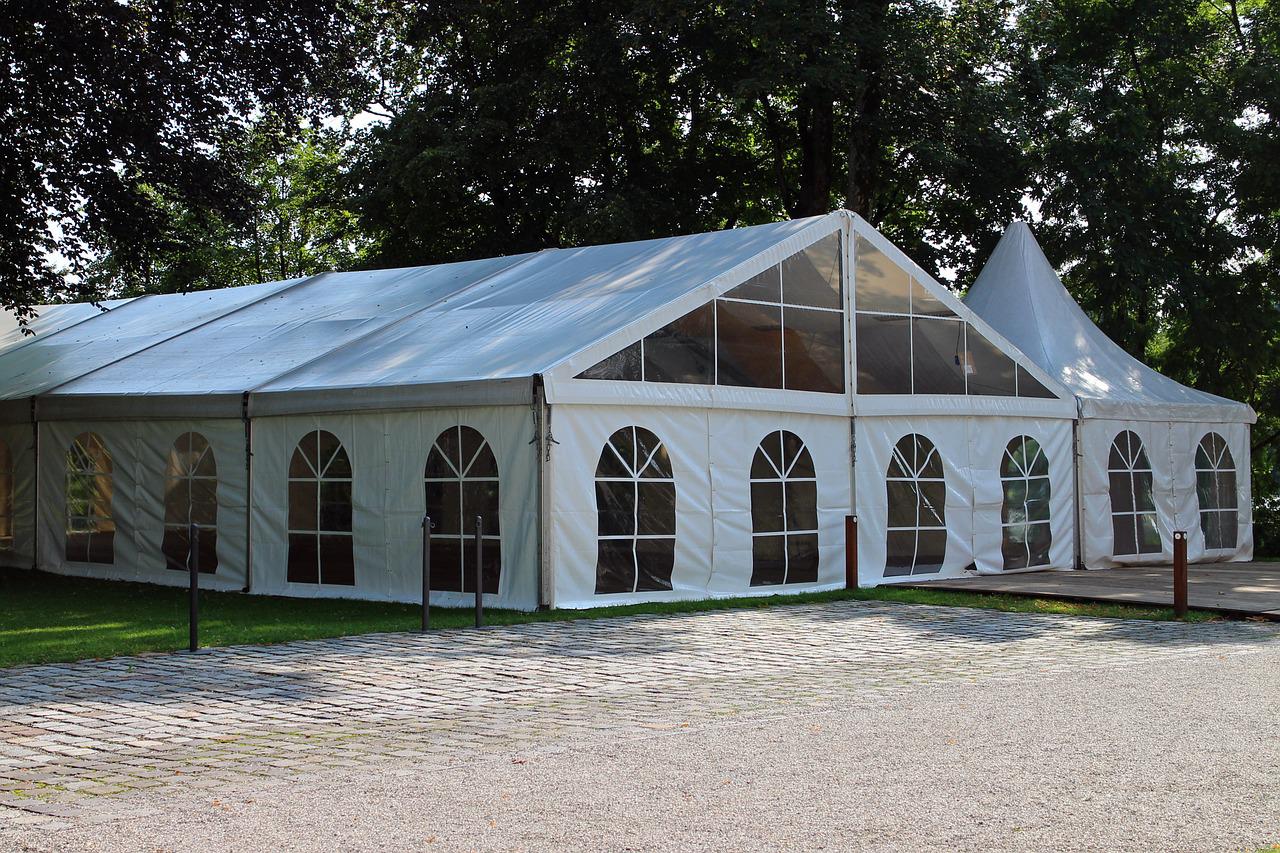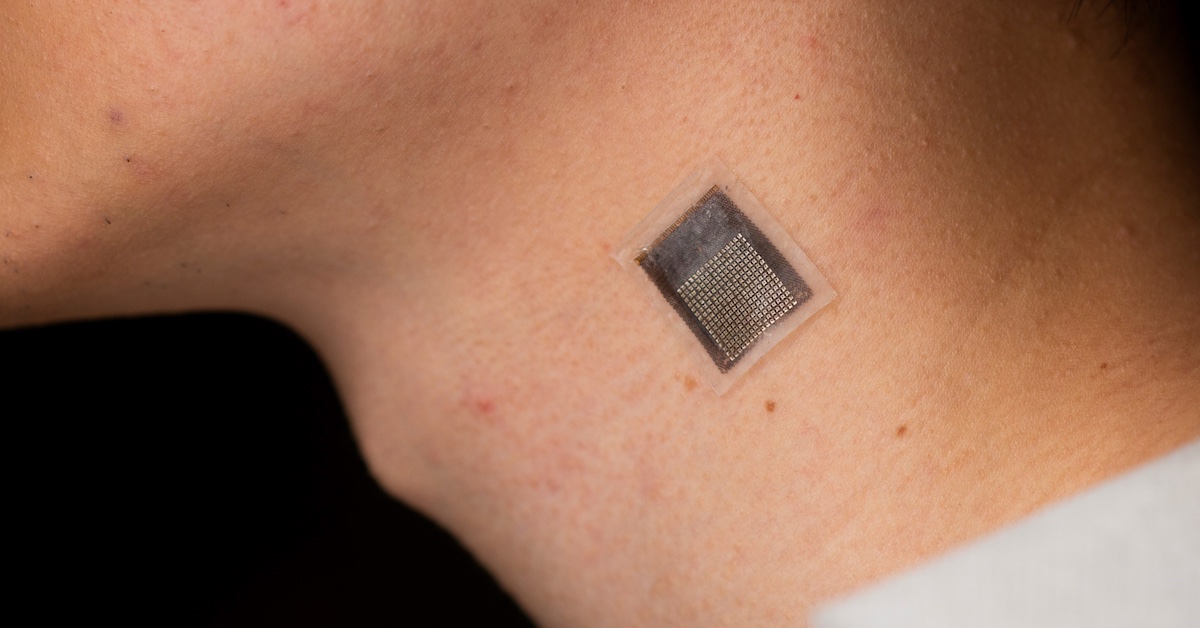Lithium bromide, or lithium salt, is a familiar desiccant and refrigerant in chiller systems. Now, researchers have discovered how adding lithium salt to computer systems could boost their performance by up to one-third and cut overheating without blowing the budget.
Computer hardware operation is always associated with heating, but too much heat can slow down your system. If the temperature of a computer’s processing unit (CPU) is overheating, a mechanism will be triggered to reduce performance to avoid harming the processor.
A research team at the City University of Hong Kong has developed a lithium bromide salt-based cooler that could enhance computer speed while reducing overheating concerns.
In testing the saline, the researcher first created a system using lithium bromide with a porous membrane, a hollow plate, and a metal heat sink. The membrane only allows water vapor to pass through. The plate holds the lithium bromide solution and isolates it from the CPU. The sink is attached to the CPU and transfers heat to the lithium bromide solution.
The lithium bromide solution is placed in the hollow plate and surrounded by the porous membrane. When the CPU heats up, the heat is transferred to the lithium bromide solution.
The lithium bromide absorbs the heat and causes some of the water in the solution to evaporate. The water vapor passes through the porous membrane and is collected. The water vapor can then be condensed into liquid water and reused in the lithium bromide solution.
This unique process creates a closed-loop system that can continuously remove heat from the CPU, which the researchers explained could provide 10 times longer-lasting cooling compared to traditional passive cooling systems. Therefore, computer processors can operate more powerfully during intensive tasks without overheating.
When the computer is idle and not generating excess heat, the passive cooling system can replenish its water, effectively resetting itself.
Cooling computers’ CPUs is just the beginning – Chinese researchers believe that their innovation can also bring benefits to various industrial processes such as solar panels or batteries.







